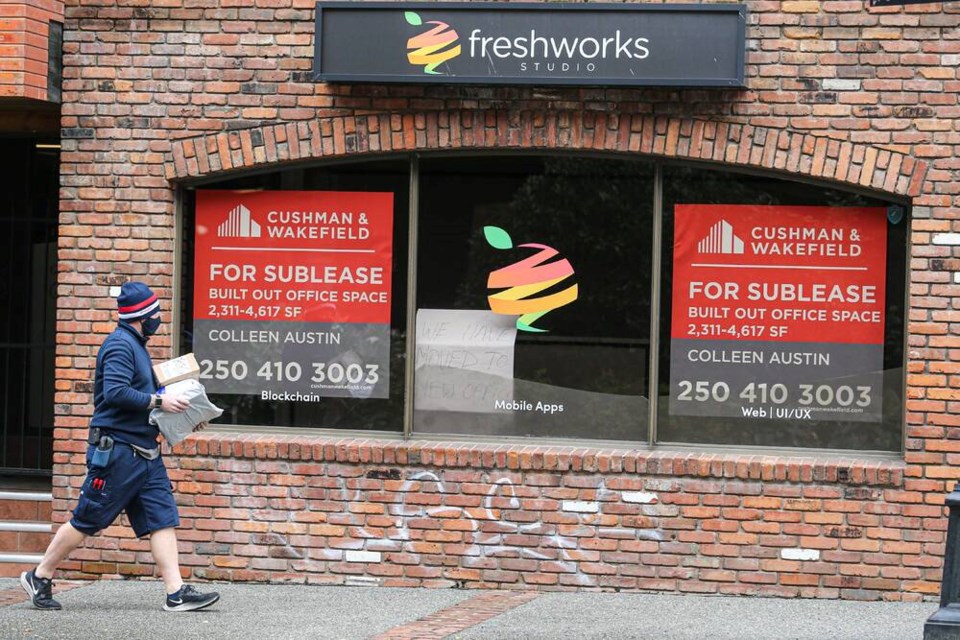A commentary by a small business owner and consultant based in Victoria.
Owning a small business is hard, but there are some elements of doing business in Victoria that make it even harder. The costs of housing and commercial real estate, with restrictive zoning laws and geographic conditions, create a competitive environment favouring only established entities. This is choking out small businesses.
The housing affordability crisis
It’s no secret that Victoria has seen a rise in housing costs. The median home price in the region has escalated to a point where middle-income families struggle to find affordable homes.
This problem extends into the rental market, increasing rent prices. For businesses, this translates into difficulties in attracting and retaining employees, particularly those in entry-level positions.
Small businesses often find themselves unable to pay the wages that would allow their employees to live here comfortably. This problem is two-sided, as homeowners are also becoming less able to meet inflationary demands from a pricing perspective.
If we can’t increase prices, then we can’t raise wages.
Commercial real estate prices
Parallel to the housing market, commercial real estate prices have surged. The cost per square foot for commercial leases has risen significantly over the past decade.
Retailers, restaurants and service providers who rely on foot traffic and visibility face a losing battle with these increasing costs. Lease costs are eating up margins, and yet again, we funnel our cash upward into the pockets of real estate investors.
In some cases, we see vacant commercial spaces as the preference for owners who can’t get a property’s “market rate.”
Nothing says vibrant like empty, dead spaces.
Commercial vehicle parking and logistics
For some, the zoning laws in Victoria (and surrounding municipalities) are compounding the issue.
One significant regulation is the prohibition of parking commercial vehicles in non-industrial areas or on city streets. This law particularly affects businesses involved in construction, landscaping or those requiring large equipment deliveries.
While these restrictions make obvious sense, the logistical hurdles imposed add layers of complexity and cost. Businesses must find suitable off-site parking or face fines and other penalties.
This all sounds reasonable, except that municipalities provide no parking, and appropriate commercial space (i.e. with enough yard space and industrial zoning) can often come in at well over $10,000 a month.
We tried moving to a cheaper yard space in Langford, but non-billable hours stacked up as our employees sat in traffic and slowly chipped away at already tight margins.
Barriers to entry and competitive disadvantage
The local market is skewed in favour of well-established companies that can afford these expenses or are grandfathered into cheaper overheads (nothing new here).
These barriers inevitably lead to an environment where innovation and diversity are stifled. Canada has fewer entrepreneurs today than 20 years ago, by around 100,000, which is a horrible statistic.
The basic economic principles of market accessibility and economic competitiveness are being ignored. Victoria is suffocating productivity, growth, and retention in the city.
What next?
There is no silver bullet for the problems mentioned, but there are certainly a few quick wins for small businesses.
• Give us somewhere to park commercial vehicles that is accessible and reasonably priced.
• Find a way to further discourage vacant commercial property.
That’s a good start.
We also need to acknowledge the true knock-on effect of small business closures and ask some important questions.
Do we want a city with diverse entertainment, music and culture options? Do we want life here?
Do we want someone to mow our oversized, single-species lawns when our knees give out? Probably.



